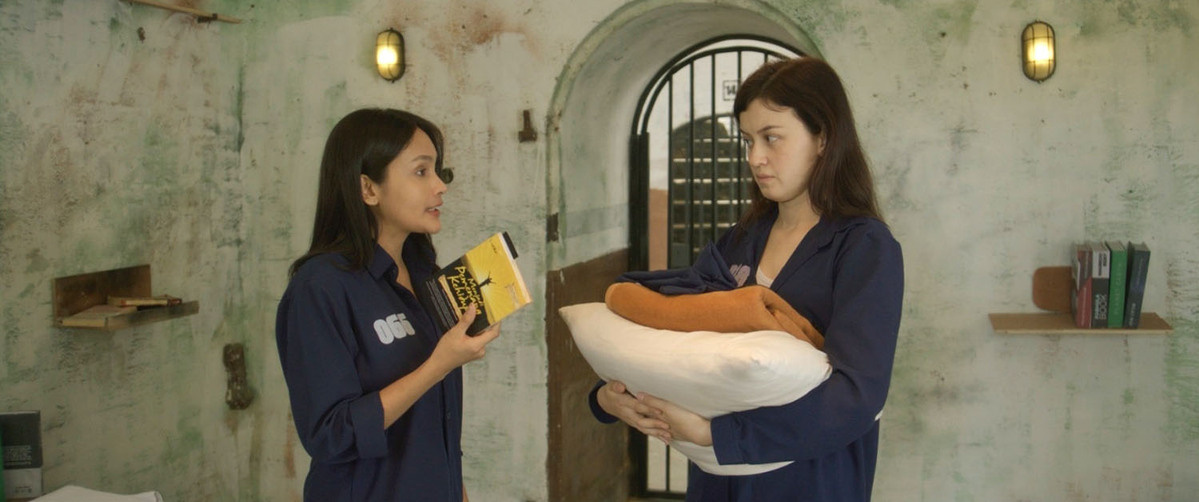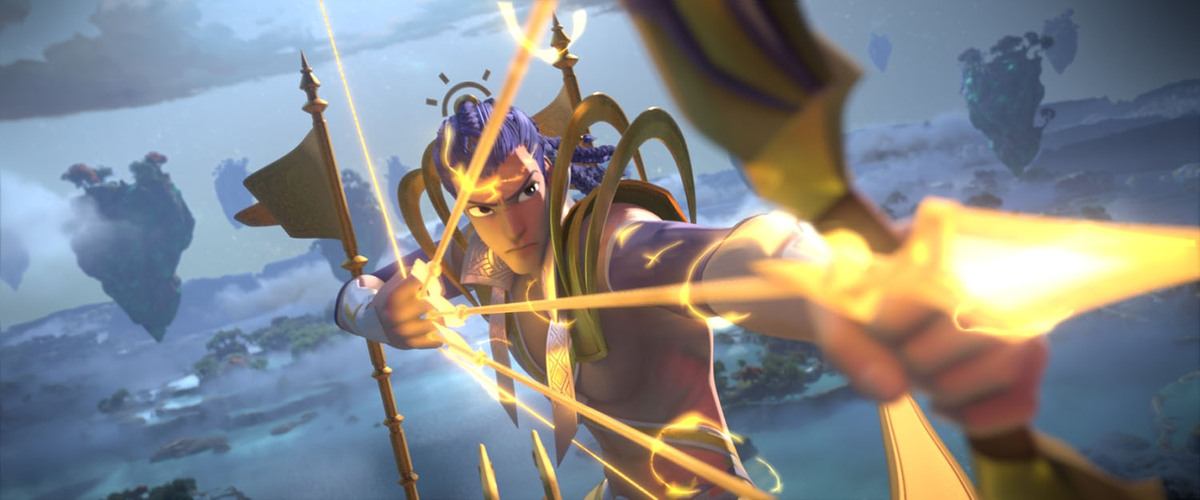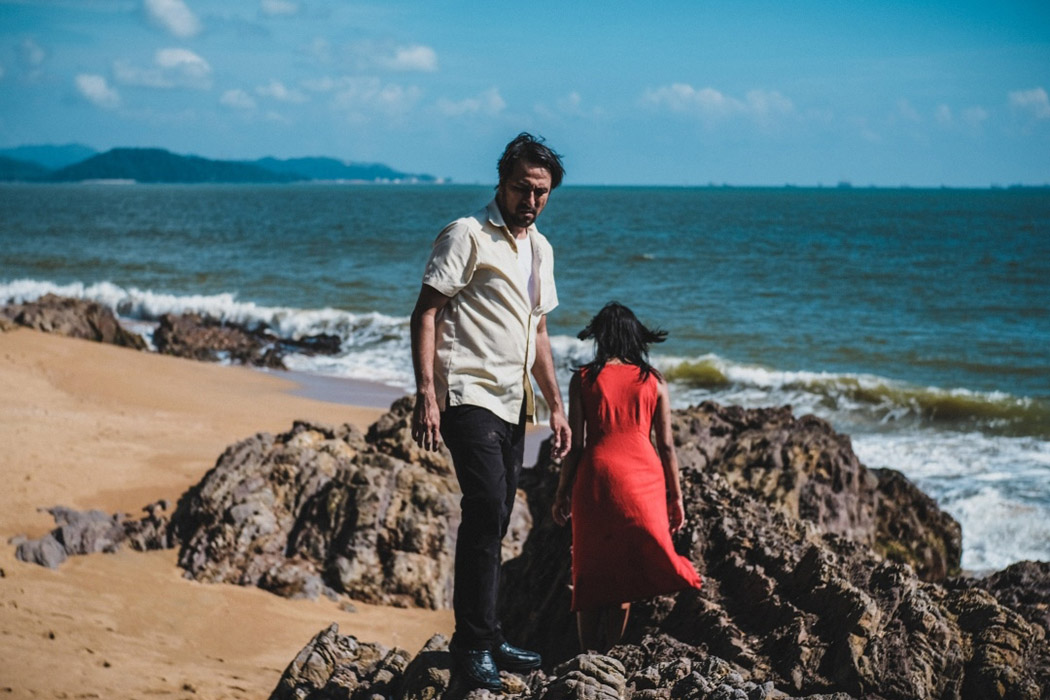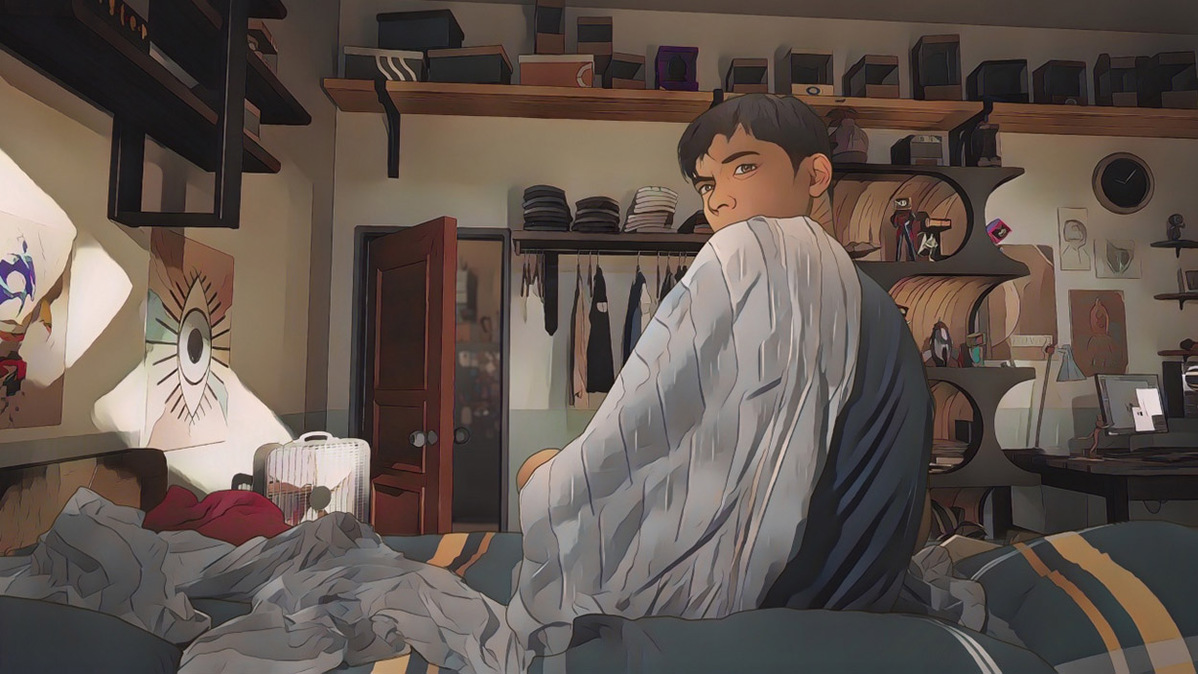Eye on Southeast Asia


The second edition of the ASEAN Film Festival returned to Hong Kong last week, once again aiming to foster and celebrate "cross-cultural understanding" and celebrating "ASEAN's diverse cultures", per the festival website.
The event provides an opportunity to sample films from parts of Asia that not even Netflix's mighty algorithm can show off, especially seeing that this year the program represents all 10 member states of the Association of Southeast Asian Nations. Twenty features, plus two that previously made their way to Hong Kong screens - Not Friends and How to Make Millions before Grandma Dies, both from Thailand - are on deck.
This year's event kicked off with Riduan Sulaiman's classic aspirational immigrant story, Gadong, from Brunei, a country better known for being Asia's sole sultanate rather than its film industry. Gadong pivots on an Indian barber, Saleem, who struggles with universal issues surrounding debt, separation from family and familial obligations.
Films already screened also include Malbatt: Misi Bakara - an alternative interpretation of the events famously depicted in Ridley Scott's Black Hawk Down. Malbatt tells the story from the perspective of the Pakistani and Malaysian troops on the mission. Director Adrien Teh balances the conventional action of a war drama with an acknowledgment of the non-American peacekeepers on the ground in Somalia in the 1990s.


Closing the festival this year is Alex Dacev's Sugarcane Baby from Cambodia. The film follows a transgender model trying to make their way in the industry and reuniting with their estranged brother when their father goes missing. The dilemma forces both to confront shared memories of childhood trauma and accept who they are.
Writer-director-star Soulasath Saul's Shadow hails from a microscopic film industry in Laos. The film tracks the complex relationship between lifelong friends Khong and Thin - one that mirrors the sociopolitical changes in Laos.
Stone Turtle comes from Woo Ming Jin (The Tiger Factory), possibly the most internationally recognized filmmaker on the program. The film blends Malaysian folklore and noir-thriller traditions in an examination of the relationship between humanity and nature.
On the horror-thriller front, Isolation Ward by Indonesian director Adhe Dharmastriya tracks a journalist's quest for answers about a string of mysterious inmate deaths, including her sister's, in a specialized prison ward.


Carl Joseph Papa's critically acclaimed The Missing uses rotoscoping - tracing over filmed footage frame by frame to achieve the uniquely mesmerizing visuals seen in Richard Linklater's Waking Life and the music video of Norwegian pop band A-ha's breakout song Take On Me - for a genre mash-up about a fledgling animator dealing with his past.
Veerapatra Jinanavin cut his teeth in the animation departments on films such as Cloudy with a Chance of Meatballs and Evangelion: 3.0+1.01 Thrice Upon a Time. His ambitious Mantra Warrior: The Legend of the Eight Moons is based on Ramakien, the Thai version of the Indian epic Ramayana. Mantra takes place in the future, at a time of a galactic conflict when the ancient legend comes to life. There's a touch of Transformers in the film, but on balance the design flavor feels fresh and wholly distinct from Disney, anime and video-game aesthetics. It feels Thai.
- Honoring role models, Xi makes rallying call for making China stronger
- Profile: A Chinese doctor's ground-breaking battle against leukemia
- China publishes chronicle of CPC events from 1921 to 1949
- China's former senior provincial political advisor arrested for suspected bribery
- Chinese, Russian coast guards jointly inspect North Pacific high sea vessels
- China brings back 20 telecommunications fraud suspects from Myanmar





































